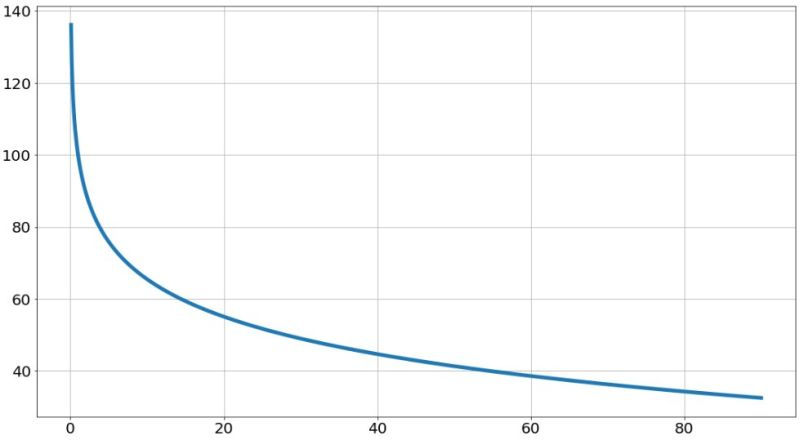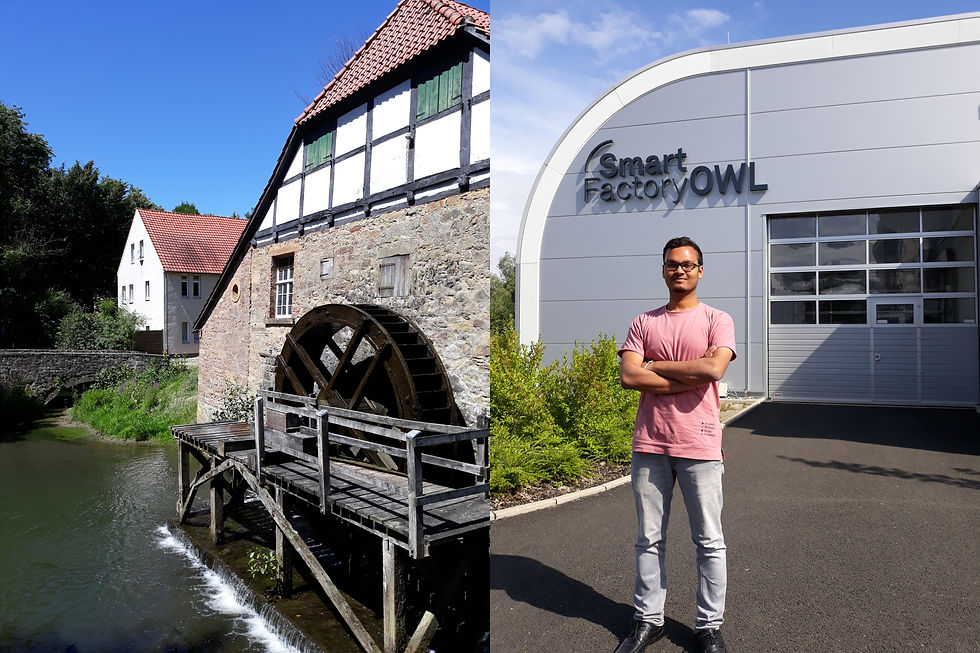Notes on power laws
- ankurashutosh
- Dec 28, 2023
- 2 min read
Commonly observed power laws imply that a few key inputs drive the majority of outputs or results.
Some examples:
1. 80/20 rule - Pareto principle
2. Investment returns
3. Murphy's law of management
4. Wealth distribution
5. Magnitudes of earthquakes
6. Degree distribution of a scale free network - think well connected people in a social network
7. Most of the neurons fire in response to a few stimuli

A lot of real world systems can be modeled as complex dynamical systems with feedback loops. Systems with a large number of variables can be controlled by varying just a few key parameters - some as less as 3. Why and how?
Let's consider natural gases. At the microscopic level, there are trillions of individual agents or particles, each with their own energy, velocity, etc. At a microscopic scale however, these trillions of particles can be very elegantly described by a simple gas law: PV = nRT.
A lot of microscopic phenomena keep on repetitively averaging out as we zoom out, or go to the macro scale.
This was elegantly described by Kenneth G. Wilson, who was awarded the Nobel Prize in Physics in 1982 for his work on critical phenomena using the renormalization group. Great video here.
How to leverage power laws in our daily lives?
For me, a good life is regular progress on four fronts: personal, health, family & friends, and work. I constantly look for ways to improve myself on all these. Identify 2-3 important actionable habits (verbs) for each category and focus all your effort on those for extended periods of time. Simply said: focus on a few important things. Some good practices:
Personal: To keep myself sharp and think creatively, I regularly practice visual thinking and numbers thinking. I take a lot of notes on transient phenomena to keep myself in the moment.
Health: Daily some sort of resistance training (resistance bands, weights, bouldering) + get your heart rate up (running, swimming, tennis), more protein, less sugar & carbs
Family & friends: Spend more quality time with them. Period.
Work: Will do another blog on this. Right now, I am focused on: doing research + building startup. Research involves experiments + analysis + reading + brainstorming + whiteboarding. Startup work involves talking with customers and writing code.
Power laws + long-term compounding is a different game!



Comments